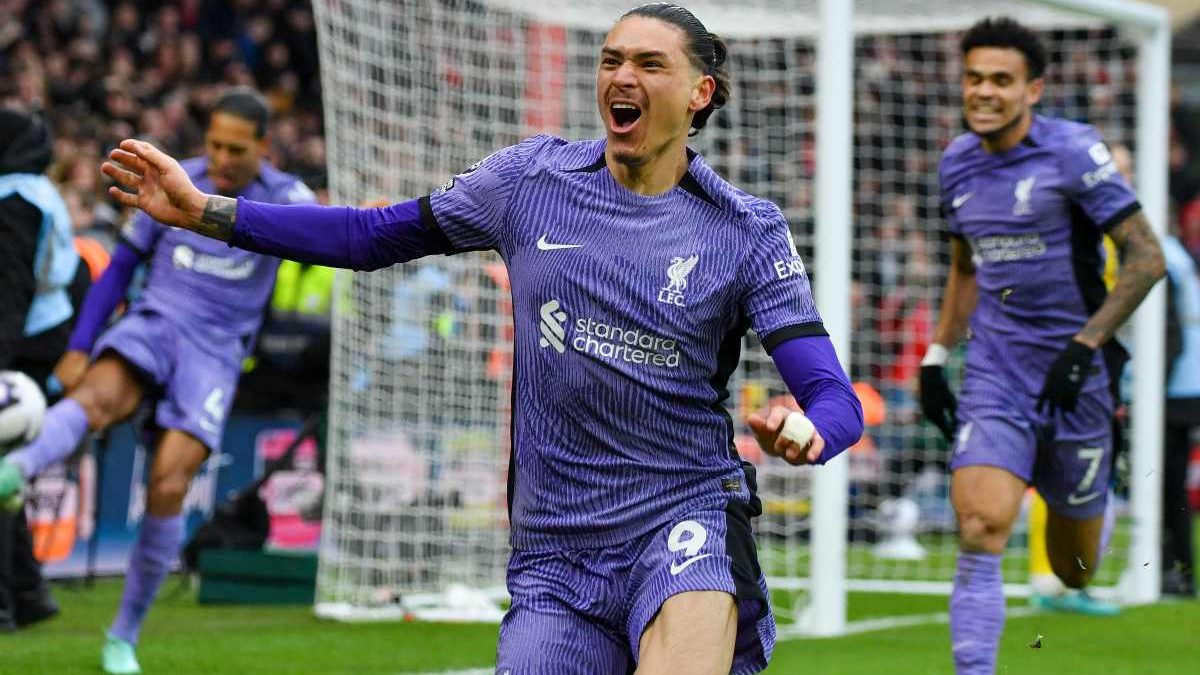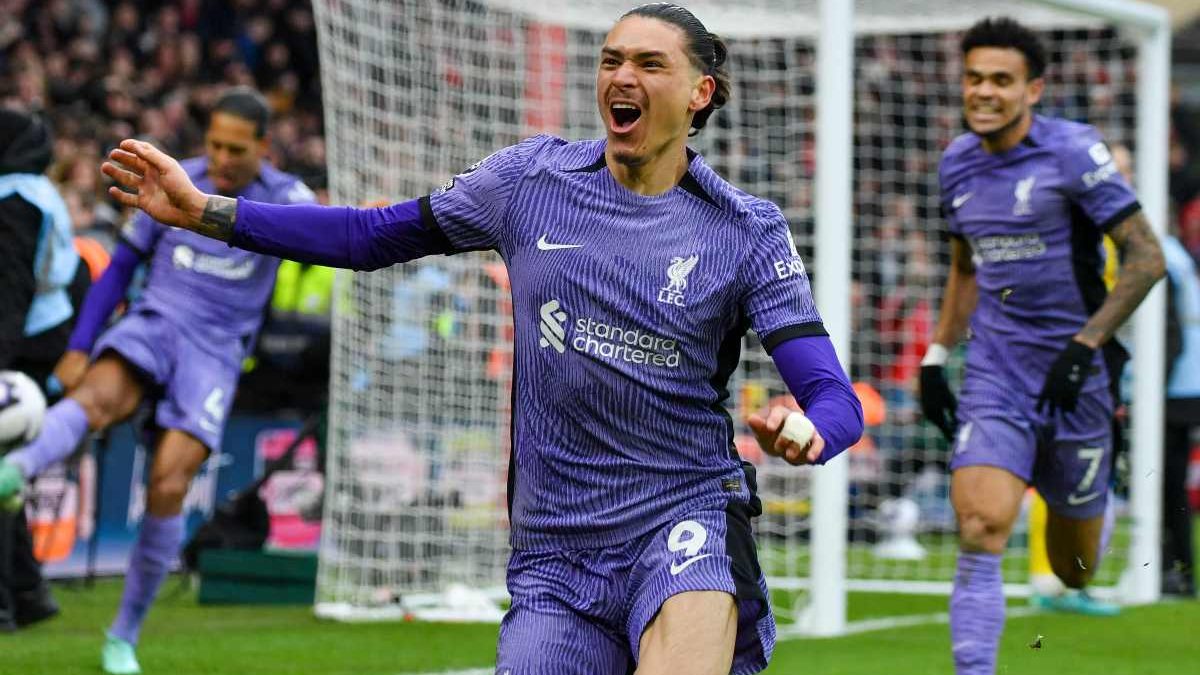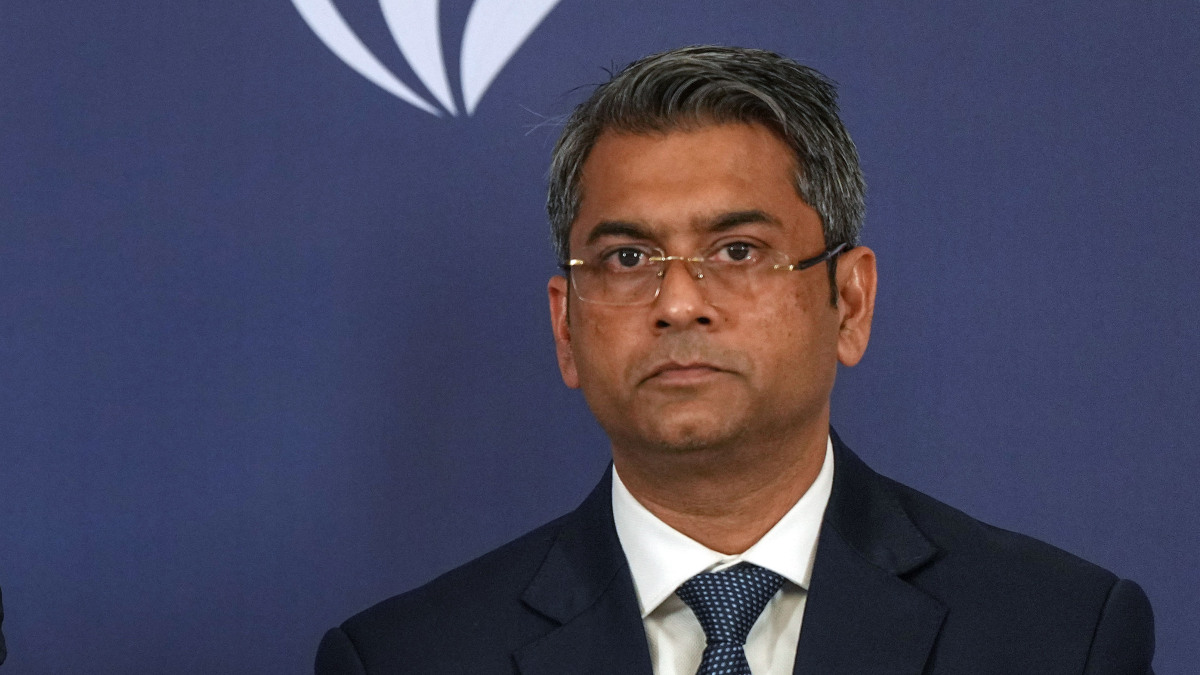“I’ve already met Minister Kyenge, I will see her again in future and it was not a mandatory meeting. I was asleep, as were many other players in the squad, but nobody mentioned any of them.”
The effortlessly honest Mario Balotelli’s outburst at being the lone player criticised for not meeting Italy’s first black minister Cecile Kyenge is probably right. But, he simply has to accept that he will continue living a life of intense, even unfair scrutiny no matter where he plays his football.
At the young age of 23, Balotelli has already played for Italy, two of Italy’s biggest clubs — Inter and AC Milan, and for 2011-12 EPL champions Manchester City. It shows that behind the tantrums, lies an ice-cold ability to perform at the big stages.
The striker was in the midst of it all as Italy came from behind to beat Czech Republic 2-1 to seal their World Cup 2014 qualification. He missed a flurry of early chances, almost got sent off twice, and then — just like that, calmly slotted the ball past Petr Cech to assure his country of a place in Brazil next year.
In modern-day football, Balotelli is the oxymoron — what Balotelli thinks is right, the world thinks is wrong. It’s hard to analyse him — it’s all murky grey area — nothing is black or white.
He’s the guy most Italian football fans will hate when he visits their club in the Milan jersey — and love when he comes out for the Azzuri. He’s been booed constantly and has faced racist abuse — while playing for City during the Europa League, while at Euro 2012 and regularly in the Serie A . Bananas were hurled at him during the Milan derby — his own former fans subjecting him to the worse possible reception since a pig mask was thrown at Luis Figo on his return to the Camp Nou.
In fact, he admitted in a CNN interview that “he felt alone” after the incident against Roma last season. He also warns of something that Kevin-Prince Boateng did during a Milan match: “Next time it happens, I will walk off the pitch.”
While Balotelli’s on-pitch behaviour still needs some rounding, it is the eventual goods that matter — this season, in seven matches, he has scored five times and provided two assists (including Confederations Cup). Last season, he scored 22 goals and made 10 assists in 45 appearances for club and country.
But in that time, he has also collected 15 yellow cards and was sent off twice. “I was trying to get the ball and didn’t even see the player, so for me it wasn’t even a yellow,” Balotelli said after the win over Czech Republic. “I hit him but I didn’t do it on purpose.”
Treading on Balotelli’s mental makeup could be dangerous. Fan it too much, and he will explode. Calm it too much, and he will freeze.
It’s like how John McEnroe would throw a tantrum and still win matches — and this in the eyes of many has become a greater legacy than his Grand Slam collection. Even the great Zinedine Zidane couldn’t keep his head (pun intended) at the World Cup final — his last goodbye to a phenomenal international career reduced to a red card. While his composure was reason he orchestrated midfield like he did, it is Balotelli’s rash side that gives way to thumping finishes.
Maybe Balotelli’s anger and that feeling of being ‘alone’ is vented on the football — when he punches the turf in frustration, pleads with referees to leave him alone and commits silly fouls. But with it all, and more importantly, he produces some moments of genius.
“I say half a word and I get booked,” he once said regretfully. But in his head, he’s constantly trying to prove people wrong — and that is when his feet do the talking. To tamper with this mindset may take away his reason for performing, and the exuberance he plays the game with. And that will be Italy’s biggest problem.
As he said earlier, Balotelli seldom does anything on purpose. Whether it’s while playing the game or with his pet pig or meeting with the Pope , Super Mario divides and unites a country — unlike any other player in world football.


)




)
)
)
)
)
)
)
)